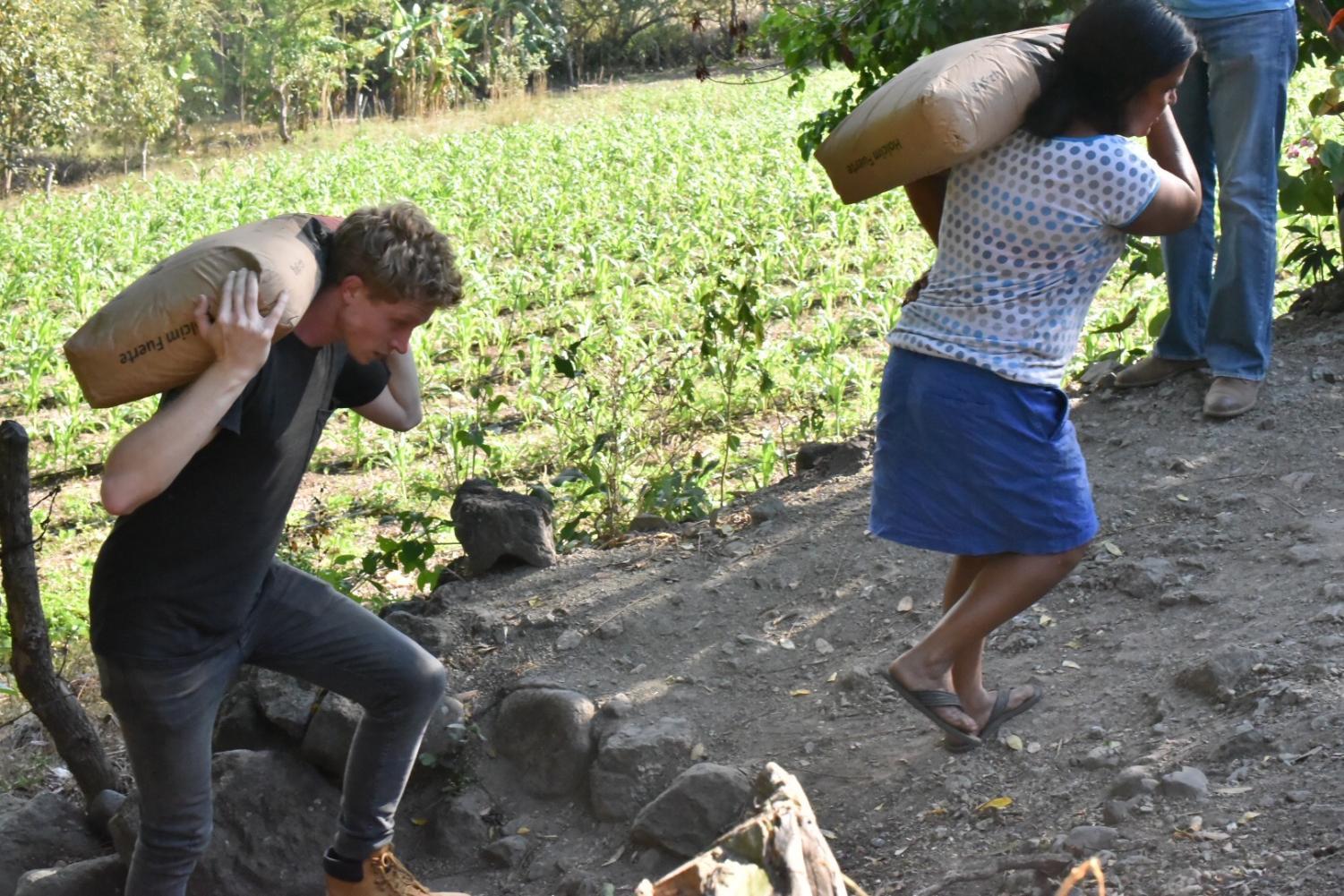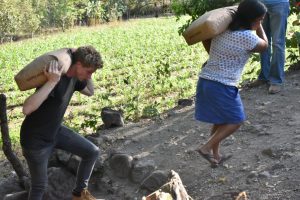Think of Coffee With a Cause
April 30, 2018
America runs on more than just Dunkin’ Donuts. It runs on all kinds of coffee.
All over the country, but especially in New York City, there are independent coffee shops, small and major chains on every street corner. They aggressively compete for our business and we happily give it to them because, according to the National Coffee Association, 50 percent of college-aged consumers buy coffee regularly.
Think Coffee, a New York City-based chain, is making sure consumers are putting their money to good use. Think’s operation, Social Project Coffee, implores customers to pay a premium price for coffee in order to use the money to help local communities.
Noah Welch is the director of Coffee and International Projects for Think. He has been developing projects since 2011 and addresses a range of issues from clean water access to reforestation to feminine hygiene. Welch makes clear that every dollar counts.
“If you [consume] a cup of coffee, a sandwich, a tea, a pastry from Think, you support every one of our projects,” Welch said. “Your consumption gives Think the purchasing power to continue.”
What distinguishes Think’s SPC programs from other business models is the way Think helps farm workers gain access to basic human needs. Think refuses the direct trade model where the premium price is paid to the farmer growing the coffee rather than the community.
“Under a direct trade model, there is no requirement — or evidence — that workers or the community share in the benefits of the premium price,” Think explains on its website.
Instead, after finding a coffee it approves and that shows demand, Think works with the farmer or producer to develop a project that, as Welch puts it, is both necessary and plausible for the community’s overall growth. Currently, Think has a housing reconstruction project in Colombia, a worker housing project and an adult literacy project in Nicaragua and a feminine hygiene project in Ethiopia.
“It’s just about making a positive and effective social impact, building friendships with people whose needs are greater than ours, fighting with the dollar and being sure that the earth and workers are respected,” Welch said.
Think Coffee isn’t the only chain interested in making a change. Starbucks has an extensive page on its website that details how it leaves a social impact. Many of its initiatives and goals seem promising.
Nonetheless, Welch hopes companies like Starbucks and others continue to grow in their efforts of supporting the communities they buy from.
“I don’t see any reason that Social Project Sugar, Corn, Salt, Oil, whatever, can’t exist,” Welch said. “The ultimate dream is for every industry that works in commodities to work this way.”
A version of this article appeared in the Monday, April 30 print edition. Email Laura Rubio at [email protected].





























































































































































